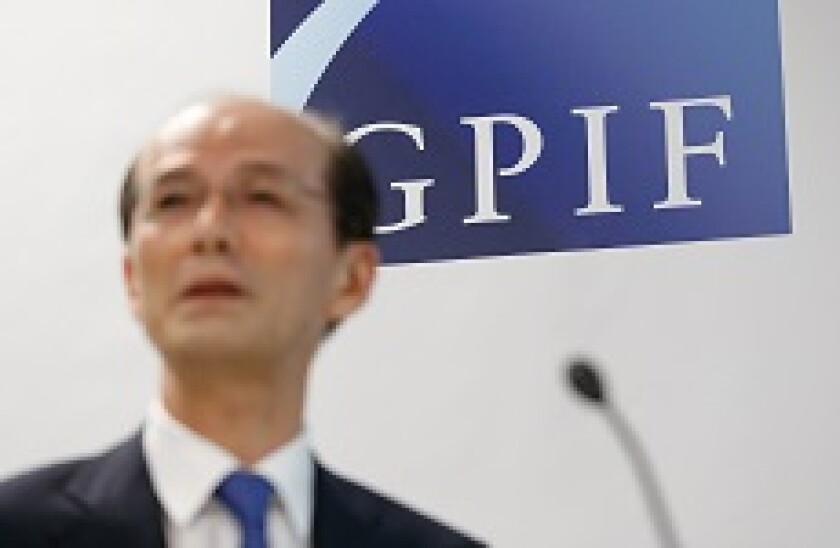The Japanese Government Pension Investment Fund (GPIF) said last month it would stop lending out its overseas shares, thus disrupting short sellers, who borrow them to sell on.
The pension fund said stock lending “effectively creates a gap in the period in which the stock is held by GPIF, and can be considered to be inconsistent with the fulfilment of the stewardship responsibilities of a long-term investor. Moreover, the current stock lending scheme lacks transparency in terms of who is the ultimate borrower and for what purpose they are borrowing the stock.”
The move was welcomed by Tesla CEO Elon Musk. And Baillie Gifford partner Charles Plowden was another fan, writing in the Financial Times last week that share lending “recognises little responsibility to society and accordingly contributes little to it”.
This criticism of short selling goes alongside wider fears about investors operating with a fleeting time horizon. At the end of last year, the European Securities and Markets Authority (ESMA) proposed new rules to tackle “undue short-termism” in markets, on the premise that investment for environmental and social aims is tied to thinking about the more distant future.
Short sellers are easy targets here because when they make trades, their economic interests generally go against almost everyone else’s. When a company’s share price falls, this harms net-long shareholders, employees and anyone else with a direct or indirect stake in the firm doing well.
Even worse, some short sellers are not just making bets as passive bystanders; the reports they write can trigger steep drops in share prices, as happened last month when Muddy Waters took aim at NMC Health.
But if the problem is short-termism, look beyond the short sellers. Active long-only investors also trade for short-term gain all the time. Financial markets are waking up to the need to tackle environmental and social challenges, and perhaps the whole model of shareholder capitalism needs to change. But within the current system, short selling mitigates other defects.
This is because short sellers are incentivised to expose corporate problems like hypocrisy and deception in a way that other investors are not. Companies increasingly claim to see their role as to help all stakeholders, rather than just shareholders, in line with what the US Business Roundtable said the purpose of a corporation was last year.
Short sellers could expose where the reality does not live up to the hype. They already target issues of governance, and as markets place more emphasis on the environmental and social legs of the ESG framework too, there is room for them to focus more on these topics.
GlobalCapital understands that at a recent conference the Swiss private bank Lombard Odier pitched a short position in Air Products and Chemicals, the US gas company, based principally on its carbon footprint. The investor reckoned the company’s footprint was set to triple while other firms were reducing their emissions in line with the expectations of society.
Market participants debate the merits of engaging with irresponsible companies rather than simply divesting from them. The former strategy allows reformist shareholders a seat at the table, but how much influence can they exert without a credible threat to pull their capital out?
Investors have looked unprepared to divest from even oil companies. It may be tempting for many shareholders in companies that pay a reliable dividend to go along with greenwashing, where organisations mislead about their sustainability credentials, and not interrogate them too much.
Allowing short sellers to do their work not only allows a full range of information and opinion to be expressed in terms of a share price, but it can strike a motivating fear into boardrooms keener on hot air than hot stocks.

